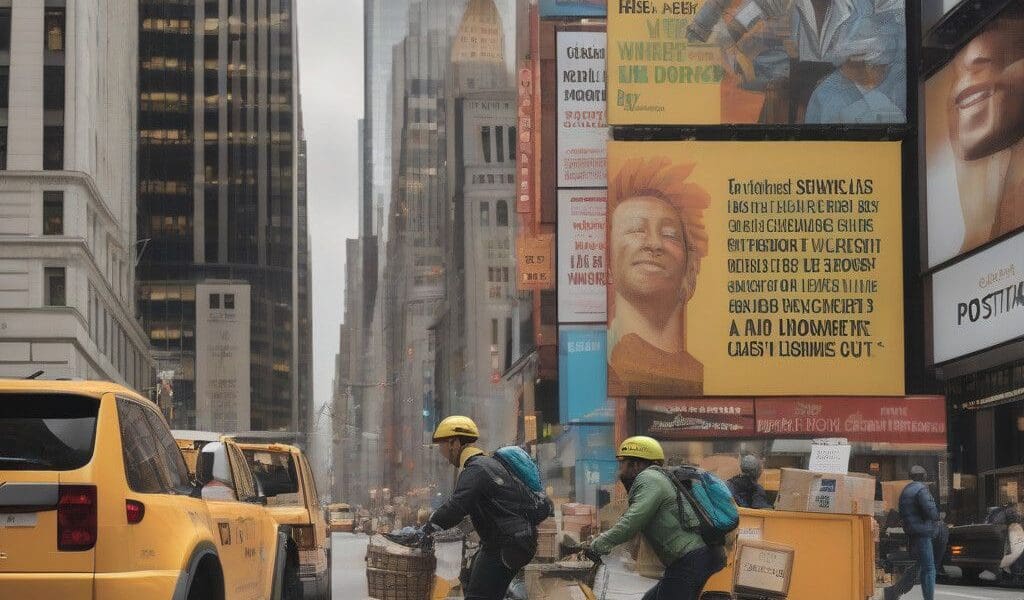Uber and Postmates Lose US Supreme Court Bid in Worker Classification Case
Uber Technologies Inc. and its subsidiary Postmates have encountered a significant setback as the U.S. Supreme Court has declined to hear their appeal concerning California’s Assembly Bill 5 (AB5). This decision essentially upholds a ruling from the 9th U.S. Circuit Court of Appeals, which dictates that companies must adhere to stricter standards regarding the classification of workers. Specifically, AB5 mandates that gig workers, such as drivers, are classified as employees rather than independent contractors. This ruling carries profound implications, as it would substantially raise labor costs for these companies.
The Supreme Court’s refusal to engage in this case emphasizes the legal challenges that gig economy companies face in California. AB5 was introduced to enhance workers’ rights, ensuring they qualify for essential benefits typically reserved for employees. The law was driven by concerns that gig workers were unjustly deprived of protections related to wages, health care, and other benefits. Despite the previous approval of Proposition 22 by California voters in 2020—meant to allow gig economy firms like Uber and Postmates to classify their drivers as independent contractors—this proposition does not provide a blanket exemption from AB5.
Theane Evangelis, an attorney representing Uber, expressed the company’s viewpoint that Proposition 22 adequately protects their drivers’ independence while providing certain benefits. However, critics from labor unions argue that the independent contractor classification enables businesses to sidestep the provision of crucial protections like minimum wage and overtime pay. This ongoing debate illustrates the complex interplay between gig worker rights and business models that rely on flexible labor.
The legal ramifications could extend beyond California. The U.S. Department of Labor is currently proposing a federal rule aimed at tightening the criteria for what constitutes an independent contractor. Business groups are already challenging this proposal in court, suggesting that the outcome of the appeal and proposed federal regulations could have far-reaching effects on the gig economy landscape across the country.
By maintaining stringent classification standards, the Supreme Court’s decision reinforces the trend towards greater protections for gig workers. It raises critical questions about the future of work in the digital economy, where flexibility often clashes with employee rights. Businesses may need to reassess their operational framework and consider the balance between corporate efficiency and their moral responsibilities towards their workforce.
As the gig economy continues to evolve, the outcomes of such legal battles will be pivotal in shaping regulatory approaches not only in California but potentially nationwide. Companies like Uber and Postmates will need to navigate a landscape that emphasizes worker protections while trying to maintain the flexibility that is central to their business models.
As we observe these developments, it’s essential to think about the implications for other sectors and consider a future where gig work is normalized with protections akin to traditional employment. The fight for gig worker rights is ongoing, and the decisions made in the coming months will undoubtedly influence not only legislation but also public perception of gig work and the realities that workers face in this unusual labor market.








